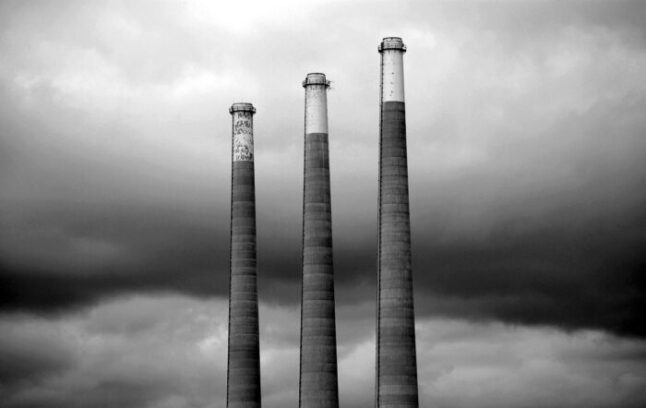Coal-fired power is rapidly heading toward extinction around the globe. The latest evidence comes from the United Kingdom.
Fiddler’s Ferry Power Station in Cheshire and the MW Aberthaw Power Station in Wales – two of the U.K.’s largest remaining coal plants – both closed this week on the same day. The nation’s largest coal plant – Drax Power Station in North Yorkshire – is now expected to close by March 21. There are formal plans to shutter all of the remaining four coal plants by 2024.
The closures are happening amid both social pressure to reduce GHG emissions, as well as economic pressure. Coal is simply no longer competitive financially. According to the International Energy Agency, natural gas has significantly weakened coal’s viability in the U.K., while “shattering” it in the European Union. Because of this, the U.K has gone from 70% dependence on coal as recently as 1990 down all the way to 3% today and shrinking.

With any story like this, it’s never quite as rosy as it seems. In this case, coal generation is being replaced largely by natural gas. While not as damaging as coal, natural gas is damaging to the environment in its own right and certainly not a long-term solution to climate change. We still have a long road before renewable energy sources are the clear cut favorite – both in terms of their impact on the planet and their economic competitiveness.
But it’s safe to say this is one stone along the path toward our clean energy future. In many ways, these closures represent an end of an era in the U.K. Coal will soon be simply a relic of the past.
What will the next chapter bring?
Subscribe
Our newsletter featuring good news from around the world
The latest laws, policies, science, and technology leading the way toward our brighter future



